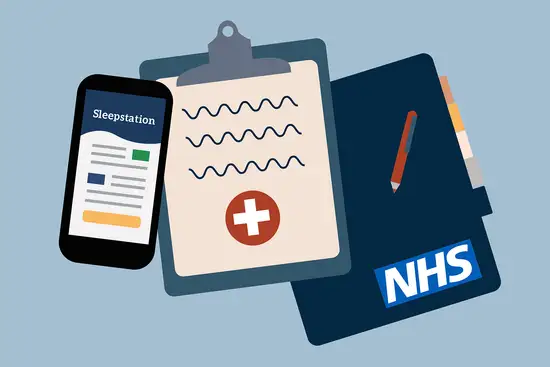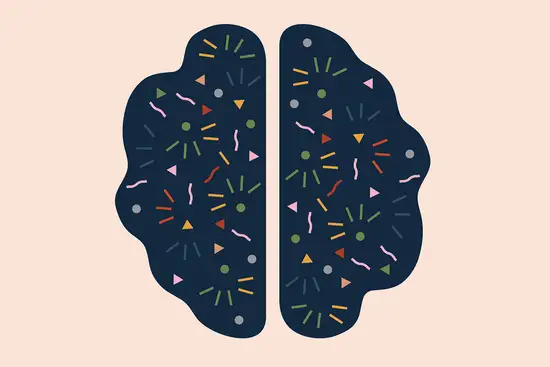You’ve probably heard that getting enough sleep is one of the most important things you can do to maintain good health. Today, in celebration of World Heart Day, we’ll look more closely at the effect of sleep on heart health, and how important it is to get the right amount of sleep to reduce the risk of heart disease and heart attack.
Heart disease is the single biggest cause of death worldwide. In the UK, it will claim the life of one person every 8 minutes on average. What’s more, around 80% of people living with heart disease will also be suffering from another health condition. So, we can see that poor heart health will lead to a shortening, and reduction in the quality, of life. But there is good news. The risk of developing heart disease or having a heart attack can be reduced by a few simple lifestyle changes.
Reduce your risk of heart problems by:
- Giving up smoking
- Drinking less alcohol
- Taking regular exercise
- Adjusting how long you sleep for
Let’s take a look at just how you can sleep your way to better heart health.
Getting the balance right
Everything is best in moderation, and sleep is no exception. Insufficient sleep (generally defined as getting less than 6 hours a night) is a risk factor for heart disease and heart attack because it can lead to high blood pressure and disruption of a healthy hormonal balance.
In addition to the direct risk to heart health from these factors, disruptions to the hormonal balance due to insufficient sleep have been attributed to increased appetite (causing us to eat more) along with decreased energy expenditure. These are prime conditions for weight gain, obesity and thus heightened risk of heart disease. Therefore, it’s important to aim for at least 6 hours of sleep per night.
While we emphasise that it is important to get enough sleep, there is also some evidence to indicate that getting too much sleep (more than 8 hours a night) is a risk factor for poor heart health. There is some disagreement around the cause of this, or just how much of a risk factor sleeping too much is for poor heart health, but one hypothesis is that excessive sleeping is a symptom of an underlying health condition such as depression or multiple sclerosis, both of which warrant medical attention and are themselves risk factors for heart disease. On this basis, if you are regularly sleeping for more than 8 hours a night, it may be worth contacting a medical professional to assess your situation.
Improving your sleep
Insufficient sleep is often a symptom of insomnia, which is highly treatable using a variety of pharmacological and non-pharmacological interventions, for example Cognitive Behavioural Therapy for insomnia, or CBTi for short. A course of CBTi treatment can offer a long-lasting solution to poor sleep using a variety of easy to follow steps and can be effective in the presence of co-morbid conditions such as depression or anxiety. In certain cases of excessive sleeping, techniques prescribed in a typical CBT-i course, such as sleep restriction may work to reduce the overall time spent asleep such as those attributable to depression.
Helping you live a longer and better life by reducing the risk of heart problems is one way in which prioritising your sleep can benefit you. The benefits of good sleep reach far and wide, including improved strength, concentration and mood. What benefits might you be missing out on if you aren’t sleeping as well as you could? If you think you have a sleep problem, there is much that can be done to help you start living a better life today.
In short
- Sleeping for less than 6 hours a night can lead to compromised heart health
- Sleeping for more than 8 hours a night may also lead to heart problems but these problems may be linked to existing or undiagnosed conditions
- Help is available in both cases
Sleepstation is a drug-free and clinically validated sleep improvement programme that can help you optimise your sleep for better health. Get started today.


